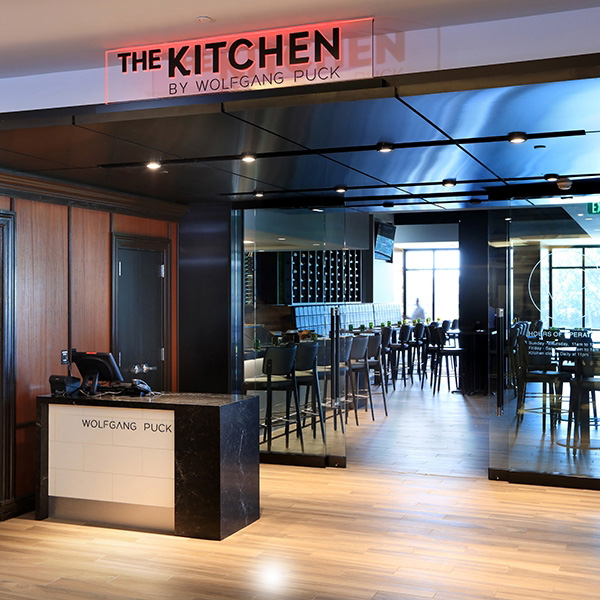Believe it or not, even the rich and famous get embroiled in trademark disputes. In this instance, those two are Kimbal Musk, restaurateur and lesser known brother of Elon Musk (the co-founder of PayPal) and Wolfgang Puck, the German-born celebrity chef. And, the two are fighting over the right to use the unlikely trademark “The Kitchen” in relation to their respective restaurants.
For the past 12 years, Musk has been running a successful restaurant in Boulder, Colorado that has become known for its commitment to local and seasonal ingredients (a popular trend often referred to as “farm to table”). But last year, Puck opened The Kitchen by Wolfgang Puck and The Kitchen Counter by Wolfgang Puck in Grand Rapids, Michigan.
As recently reported in The Wall Street Journal, Musk approached Puck, a longtime family friend, about his original concept for The Kitchen and Puck freely gave Musk advice about how he could prosper. Puck even cautioned Musk that he should grow the concept gradually and void rapid expansion. In hindsight, Musk has wondered about that advice.
More importantly, Musk and his restaurant already have experienced actual confusion between his restaurant and Puck’s latest culinary adventure. “Last year, when this first started, people started calling me to ask if we were opening in Grand Rapids,” he has said. “Our Chicago location is popular, we have a well-known brand there and people familiar with it thought we were expanding to Michigan.”
Purportedly, Puck has plans for expanding this new franchise-centric venture with a location at the Washington Dulles International Airport as well as a Los Angeles outpost. According to Puck’s own website,
The Kitchen by Wolfgang Puck specializes in the renowned chef’s interpretation of global comfort fare highlighting several of his signature recipes using only the freshest, locally-sourced ingredients. As one of the newest casual concepts in the Wolfgang Puck family, The Kitchen promises a welcoming and relaxed dining environment, perfect for your next business meeting, leisurely lunch, family dinner or meal on the go.
Not surprisingly, Musk and co-owner Hugo Matheson are not pleased by Puck’s plans because they have their own plans for further expansion. In fact, they already have three additional locations of The Kitchen in Denver, Fort Collins, and Chicago and they have plans for a second Denver location and, eventually, restaurants in the lucrative California market. Musk claims that he has reached out to Puck to try and reach some type of compromise, but, according to Musk, Puck has refused to talk to him.
And when Puck filed applications for registration of two trademarks with the U.S. Patent and Trademark, “THE KITCHEN BY WOLFGANG PUCK” and “THE KITCHEN COUNTER BY WOLFGANG PUCK,” it proved too much and Musk had his attorneys file oppositions to both applications. It seems Musk already owns three federal trademark registrations , including a registration for “THE KITCHEN.” It will now be up to the Trademark Trial and Appeal Board to decide who needs to get out of the kitchen.
Why It Matters. When it comes to trademark infringement, the standard the law uses to determine who prevails is one of “confusing similarity.” The specific standard itself is defined by a vast body of law and varies by jurisdiction, but the essential ingredient for the likelihood of confusion test is that consumers encountering one trademark are likely to be confused with a different trademark. Usually this is a hypothetical consumer who would be completely unaware that two different companies are using the similar/identical mark. Further, the hypothetical purchaser is not expected to make detailed, side-by-side comparisons.
Under this standard, trademark confusion means the incorrect assumption on the part of a hypothetical consumer that the two trademarks belong to the same source. Not surprisingly, many trademark infringement lawsuits proceed without a shred of evidence of any actual confusion even though admissible evidence of actual confusion can be determinative of the final outcome.
It is worth noting here that even if there is no likelihood of confusion, an alleged infringer may still be liable for using another company’s trademark if the misuse results in blurring or tarnishing of the competing mark under applicable state or federal dilution laws.

